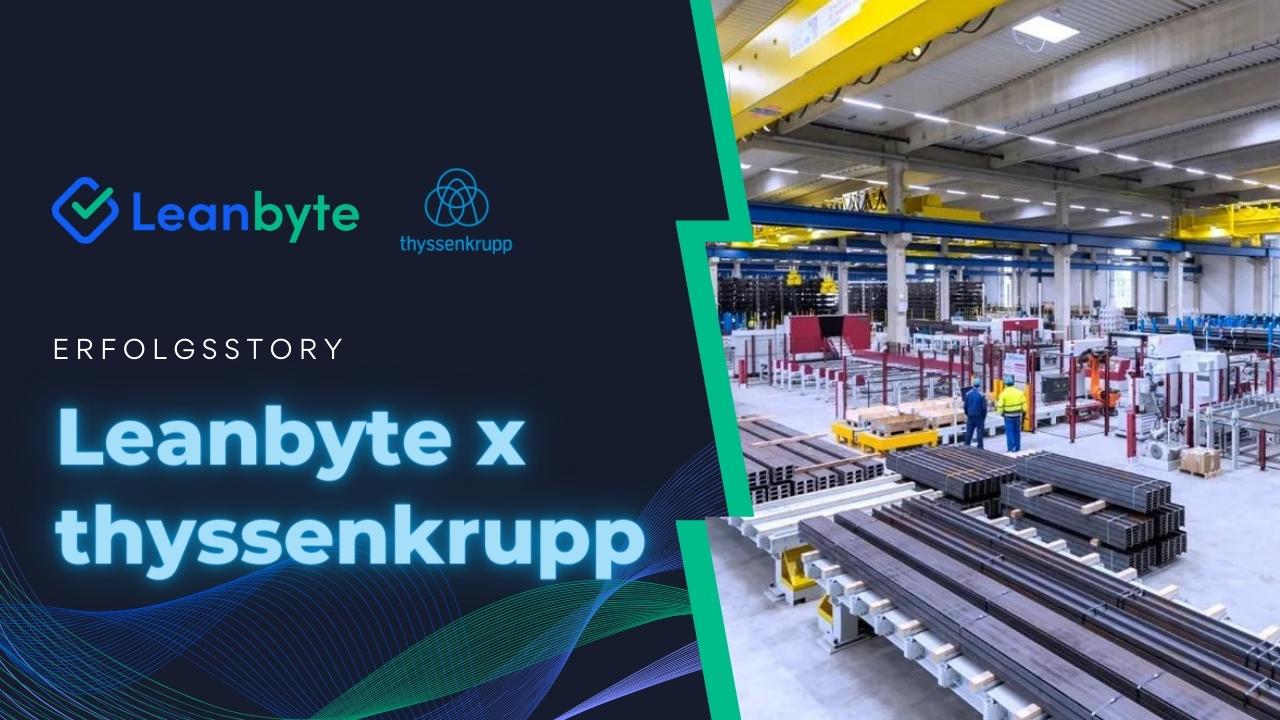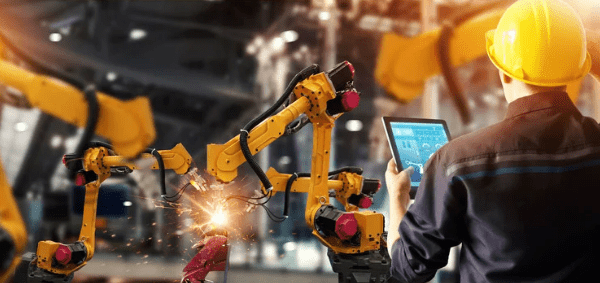Leanbyte has established itself as an indispensable solution for knowledge transfer in production. This innovative platform provides companies with the tools and resources to efficiently document, standardize and share knowledge. Integrated training and qualification features make it easy to keep employees up to date and ensure they have the necessary expertise and skills. Leanbyte's communication and collaboration capabilities encourage the exchange of ideas and innovations, regardless of location or department.
If your company wants to optimize knowledge transfer in production and meet the requirements of "Industry 4.0", Leanbyte is the answer. Invest in the future of your business by relying on the proven solution that makes the difference. Leanbyte enables you to effectively share knowledge, drive innovation and increase your competitiveness. Make Leanbyte the key component of your successful knowledge strategy in the modern manufacturing industry.
Leanbyte's core features include:
Digital work instructions, checklists and worker guidance
Leanbyte not only enables the creation and management of digital work instructions, checklists and forms, but also seamlessly integrates them into the context of plant management. These digital resources are designed to be understandable, standardized, multilingual, and multimedia. Step-by-step instructions, supported by images and videos, not only facilitate implementation, but also promote clear work execution.
Combining digital work instructions with worker guidance makes it possible to provide employees with clear and structured guidance for their tasks. This is especially beneficial for new employees who need to quickly learn their jobs. The understanding of the tasks to be performed is strengthened because the instructions are visual and interactive. This not only promotes efficiency in production, but also safety in the workplace. Companies thus benefit from faster onboarding of new employees and ensure consistent work execution, which is critical in the modern manufacturing industry.
Qualification matrix, instructions and training
The qualification matrix in Leanbyte helps companies manage and improve the qualifications of their employees. The software supports the scheduling of regular training and enables the automation of the onboarding process for new employees. By using the skills matrix in Leanbyte, employees' skill levels remain up-to-date and companies can ensure that they have the necessary skills and knowledge to perform their tasks effectively.
By integrating these functions into the digital transformation process, companies can effectively digitize their business processes and reap the benefits of digitization.


